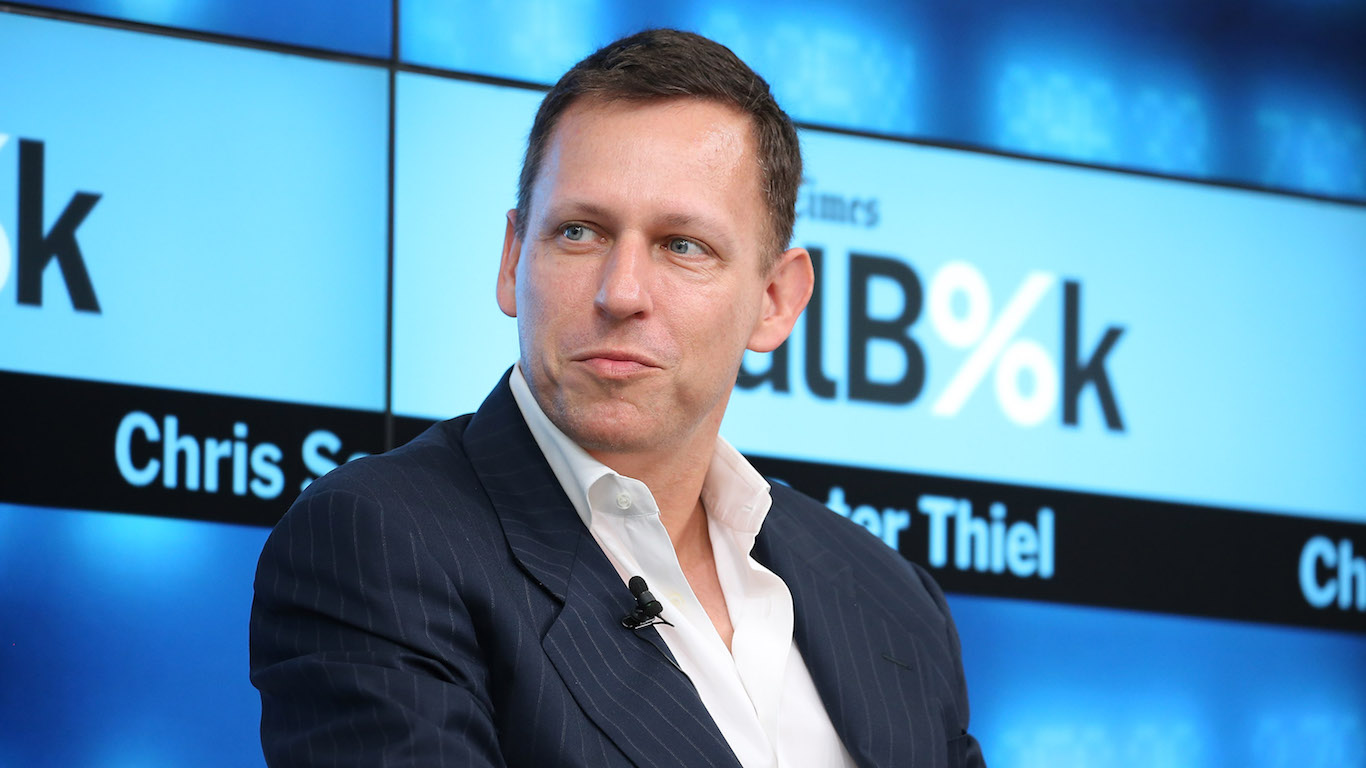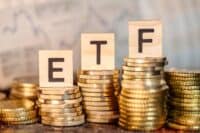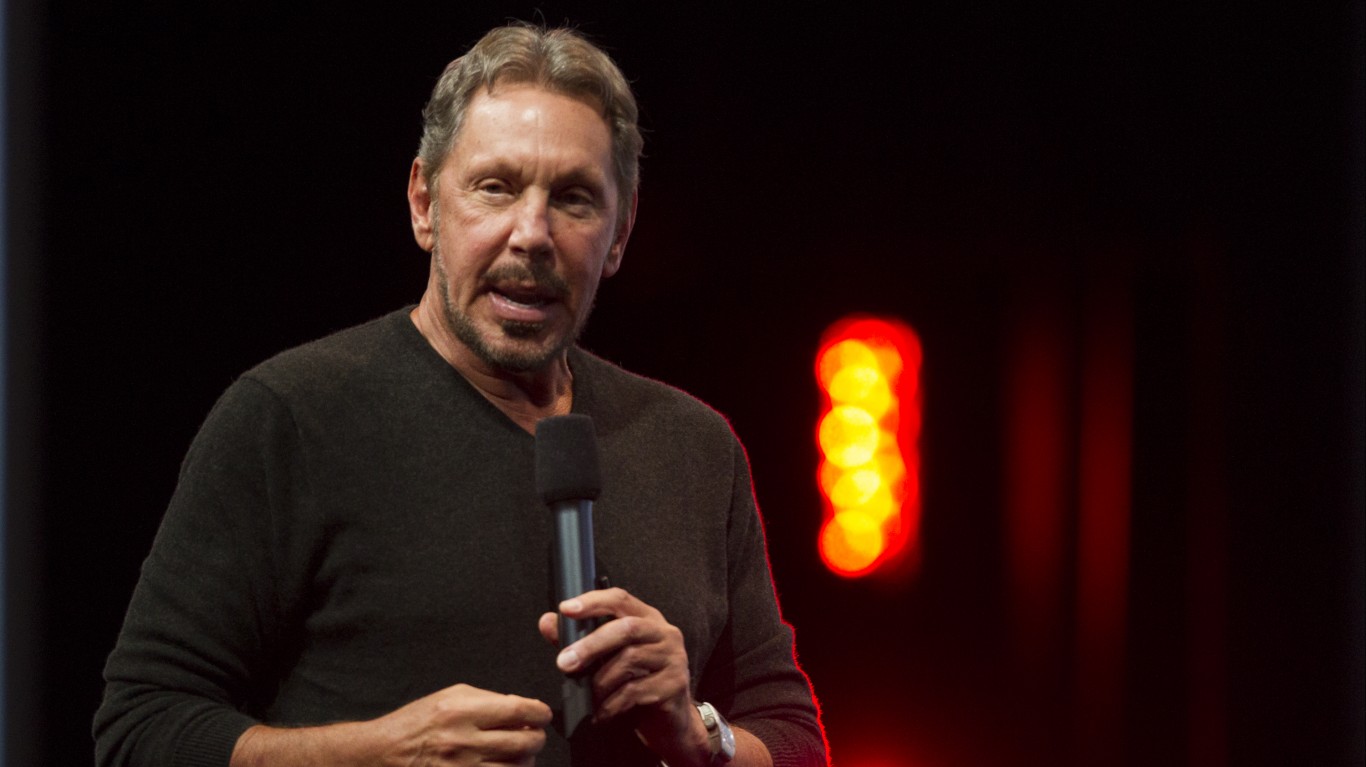As the year comes to a close, consumers are not just quietly confident that better times lie ahead. They are getting downright giddy.
Household purchases rose 0.4% gain in November, its fifth straight increase. Purchases probably gained in December as well if the forecasts for strong holiday sales are to be believed. This figure is key because consumer spending still accounts for 70% of the U.S. economy.
Moreover, first-time unemployment claims fell by 3,000 to 420,000 in the week ended Dec. 18, matching the consensus of economists surveyed by Bloomberg News survey. Housing starts rose at a seasonally adjusted rate of 3.9% in November. Both figures should continue to show steady improvement. Investors, however, need to keep their champagne bottles corked. Though things are heading in the right direction, the economy remains in a deep funk that many agree won’t end for several years.
For one thing, the jobless rate remains way too high and GDP growth — which is expected to be about 4% next year — remains too slow to make much of a difference. Recent data from The Federal Reserve showed that U.S. nonfinancial companies held $1.93 trillion in cash and short-term assets at the end of the third quarter, its highest level in more than 50 years. Those mountains of cash — which some argue are a myth — are going to stock buybacks and acquisitions. Companies are not eager to hire because thanks to the Great Recession they have learned how to do more with less.
Some of people’s good feelings may be coming from the extension of the Bush Tax Cuts, which prevented the tax bills of millions of unemployed Americans from soaring by several thousand dollars. The savings comes at a price of trillions of additional dollars to the deficit. Remember that the tax cuts were only TEMPORARILY extended for two years. While many people cheered the news, investors were not thrilled because it allows Congress to delay making the hard fiscal decisions like the ones that are causing riots in Europe.
The tax deal also extended unemployment benefits for 13 months. That was not only the right thing to do morally, it was smart economically. People without unemployment insurance may become destitute and require additional and expensive government services such as welfare. They also are more apt to abandon their homes because they can’t afford their mortgage payments.
Think of America like an obese person on a diet. The worst thing that someone like that can do is “reward themselves” with pie if they lose weight. Conversely, people need to avoid the temptation of declaring victory over the Great Recession by spending money they don’t have on stuff they don’t need.
–Jonathan Berr
Find a Qualified Financial Advisor (Sponsor)
Finding a qualified financial advisor doesn’t have to be hard. SmartAsset’s free tool matches you with up to 3 fiduciary financial advisors in your area in 5 minutes. Each advisor has been vetted by SmartAsset and is held to a fiduciary standard to act in your best interests. If you’re ready to be matched with local advisors that can help you achieve your financial goals, get started now.
Thank you for reading! Have some feedback for us?
Contact the 24/7 Wall St. editorial team.



